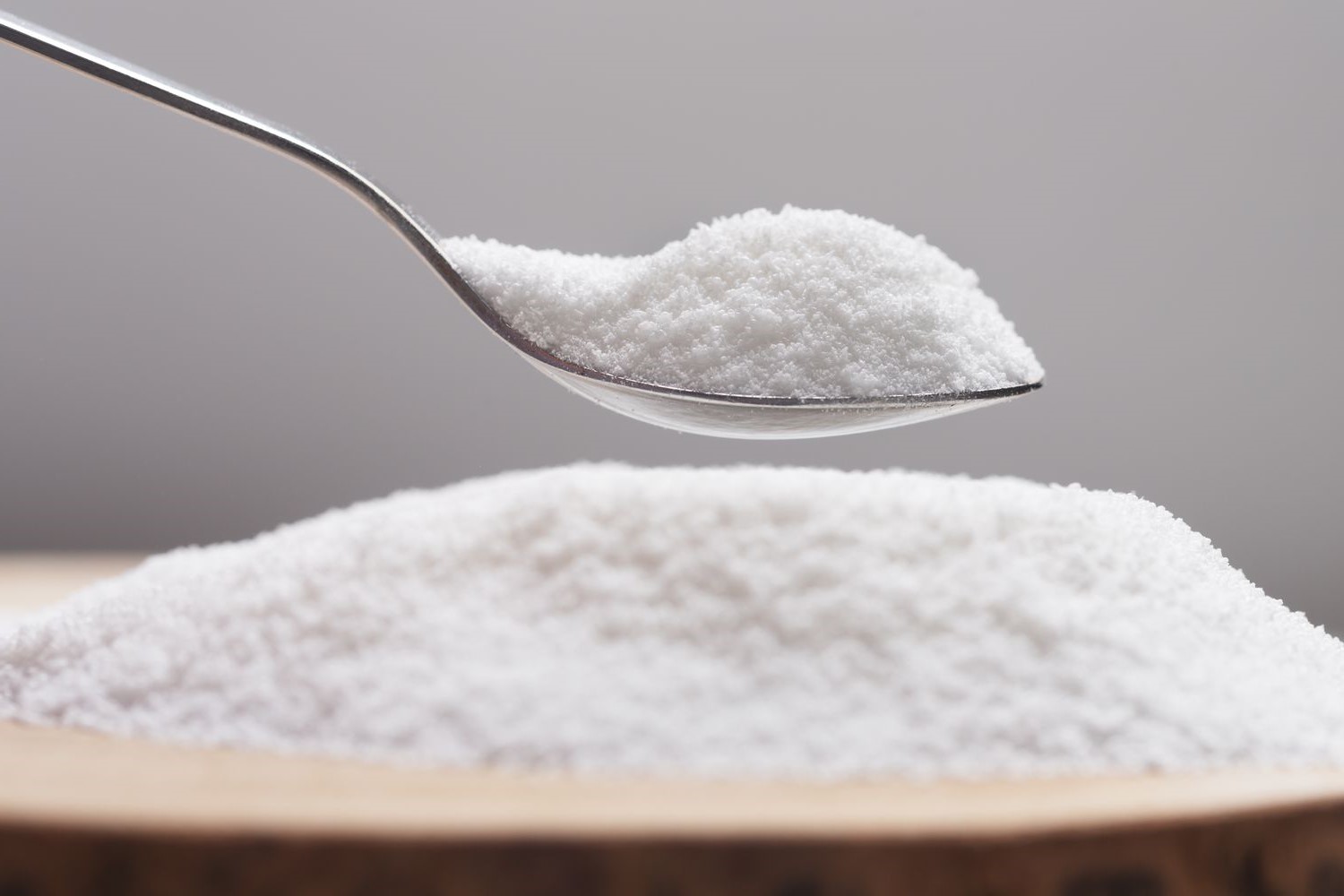
Sucralose is a popular artificial sweetener found in many foods and drinks. But what exactly is it, and how does it affect your health? Sucralose is made from sugar but is much sweeter, meaning you need less of it to achieve the same sweetness. It's often used in diet sodas, sugar-free gum, and low-calorie desserts. One of the main benefits is that it doesn't add calories, making it a go-to for those watching their weight. But is it safe? Yes, sucralose is generally considered safe by health authorities like the FDA. However, it's always good to know more about what you're consuming. Let's dive into 12 essential sucralose nutrition facts to help you make informed choices.
What is Sucralose?
Sucralose is a popular artificial sweetener found in many food and drink products. Known for its intense sweetness, it is often used as a sugar substitute. Here are some interesting facts about sucralose that you might not know.
-
Sucralose is 600 Times Sweeter Than Sugar
Sucralose is incredibly sweet. Just a tiny amount can replace a large quantity of sugar, making it a popular choice for low-calorie and sugar-free products. -
Discovered by Accident
Scientists discovered sucralose in 1976 while researching new insecticides. A miscommunication led to tasting the compound, revealing its sweet flavor.
How is Sucralose Made?
Understanding how sucralose is produced can shed light on its unique properties and why it’s so widely used.
-
Derived from Sugar
Sucralose starts as regular sugar. Through a chemical process, three hydrogen-oxygen groups are replaced with chlorine atoms, creating a stable, sweet compound. -
Heat Stable
Unlike some sweeteners, sucralose remains stable at high temperatures. This makes it suitable for baking and cooking without losing its sweetness.
Health and Safety of Sucralose
Many people wonder about the health implications of consuming artificial sweeteners. Here are some key points regarding sucralose.
-
FDA Approved
The U.S. Food and Drug Administration (FDA) approved sucralose for use in food and beverages in 1998 after extensive safety testing. -
Non-Carcinogenic
Studies have shown that sucralose does not cause cancer. It has been tested in numerous studies with no evidence linking it to cancer development. -
Does Not Affect Blood Sugar Levels
Sucralose passes through the body without being metabolized, meaning it does not affect blood sugar or insulin levels. This makes it a safe option for people with diabetes.
Environmental Impact of Sucralose
While sucralose is safe for human consumption, its environmental impact is another consideration.
-
Persistent in the Environment
Sucralose does not break down easily in the environment. It can pass through wastewater treatment plants and enter natural water bodies, potentially affecting aquatic life. -
Low Biodegradability
Due to its chemical structure, sucralose is not easily biodegradable. This raises concerns about its long-term environmental effects.
Common Uses of Sucralose
Sucralose is found in a variety of products, making it a versatile sweetener.
-
Used in Over 4,000 Products
Sucralose is an ingredient in thousands of products, including soft drinks, baked goods, and even medicines. Its versatility and stability make it a popular choice. -
Often Combined with Other Sweeteners
To achieve a more sugar-like taste, sucralose is often blended with other artificial sweeteners like aspartame or acesulfame potassium.
Nutritional Profile of Sucralose
Understanding the nutritional aspects of sucralose can help you make informed dietary choices.
- Zero Calories
Sucralose contains no calories, making it an attractive option for those looking to reduce their caloric intake without sacrificing sweetness.
Final Thoughts on Sucralose
Sucralose, a popular artificial sweetener, offers a calorie-free way to satisfy your sweet tooth. It's found in many products, from diet sodas to sugar-free gum. Despite some concerns, numerous studies show sucralose is safe for most people when consumed in moderation. It doesn't affect blood sugar levels, making it a good option for diabetics. However, some folks might experience digestive issues or prefer to avoid artificial additives altogether. Always check labels and consult with a healthcare professional if you have concerns. Understanding these facts helps you make informed choices about your diet. Remember, balance is key in any healthy lifestyle. So, whether you choose sucralose or another sweetener, moderation is crucial. Stay informed, stay healthy, and enjoy your treats wisely!
Was this page helpful?
Our commitment to delivering trustworthy and engaging content is at the heart of what we do. Each fact on our site is contributed by real users like you, bringing a wealth of diverse insights and information. To ensure the highest standards of accuracy and reliability, our dedicated editors meticulously review each submission. This process guarantees that the facts we share are not only fascinating but also credible. Trust in our commitment to quality and authenticity as you explore and learn with us.


